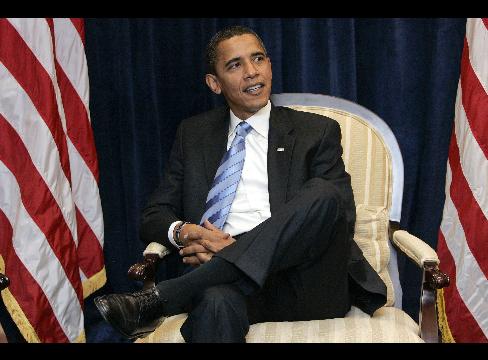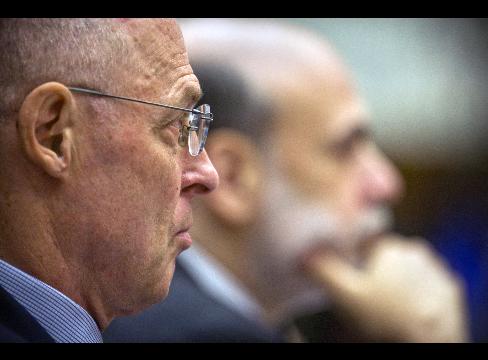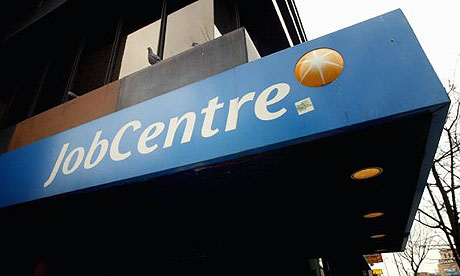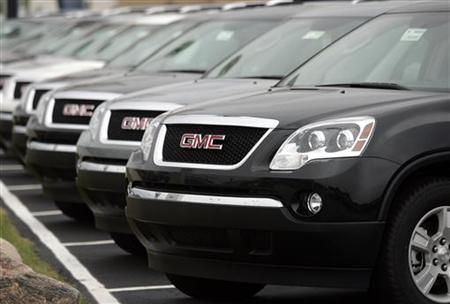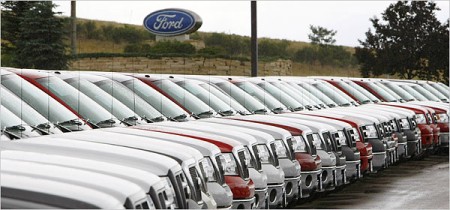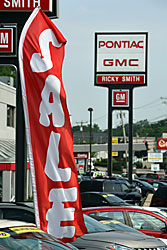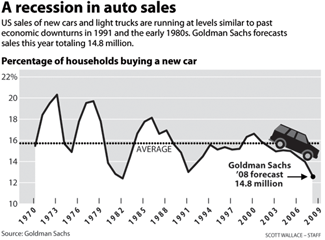On Friday November 21, the world came within a hair’s breadth of the most colossal financial collapse in history according to bankers on the inside of events with whom we have contact. The trigger was the bank which only two years ago was America’s largest, Citigroup. The size of the US Government de facto nationalization of the $2 trillion banking institution is an indication of shocks yet to come in other major US and perhaps European banks thought to be ‘too big to fail.’
The clumsy way in which US Treasury Secretary Henry Paulson, himself not a banker but a Wall Street ‘investment banker’, whose experience has been in the quite different world of buying and selling stocks or bonds or underwriting and selling same, has handled the unfolding crisis has been worse than incompetent. It has made a grave situation into a globally alarming one.
‘Spitting into the wind’
A case in point is the secretive manner in which Paulson has used the $700 billion in taxpayer funds voted him by a labile Congress in September. Early on, Paulson put $125 billion in the nine largest banks, including $10 billion for his old firm, Goldman Sachs. However, if we compare the value of the equity share that $125 billion bought with the market price of those banks’ stock, US taxpayers have paid $125 billion for bank stock that a private investor could have bought for $62.5 billion, according to a detailed analysis from Ron W. Bloom, economist with the US United Steelworkers union, whose members as well as pension fund face devastating losses were GM to fail.
Read moreColossal Financial Collapse: The Truth behind the Citigroup Bank “Nationalization”

